How is dyslexia an asset for learners?

Having conducted original research amongst students and alumni into the difficulties faced by adult learners, Cambridge Marketing College (CMC) has started an initiative to provide practical support to help learners with dyslexia, as well as their tutors and employers.
The hope is that this positive approach will help to see dyslexia recognised more as a different set of skills, even an asset, rather than as a problem to be solved.
As part of this work, CMC has created a series of guides for students, tutors and employers of marketing apprentices.
Students for example are encouraged to see dyslexia as a gift and to find their own learning style.
Tutors are shown how to adapt their teaching style accordingly.
The college has also taken on an intern (himself dyslexic) to lead these activities.
Julian Berridge, Learning Styles Research – Internship at Cambridge Marketing College takes up the story:
“I got this job after an unprompted passionate speech made to the CEO of the College about dyslexia and how it is viewed. I wasn’t looking for a job, nor were they looking to recruit anyone, but the college believed it made sense and that it would be a good thing to increase the support given to their dyslexic students. My first day at work was five days later!
“I spent several months doing research into what support already exists for dyslexics, and I was disappointed by the ‘official’ help available from the key organisations. Much of the help was aimed at young children, there was very little for adults, and I could find nothing on teaching adult dyslexics. There seems to be very little official information of substantial help to a desperate dyslexic on what to do, or what’s going on.
“I did my own research, off the beaten track, into blogs, public websites, forums and webpages made by the dyslexic community and those close to dyslexics. The less official and the more personal the sources were, the more informative they seemed to be. I found out what I could about dyslexia until I could build an informed picture, then applied what I’d learned to myself and my own experiences through education, and what I knew of a few close dyslexic friends. I’ve actually found more about myself through my research than I ever thought possible.
“Once I could show what I had found, I was allowed to talk to current and past students and marketing apprentices of the College to hear their experiences. From that input, I worked to identify the problems that dyslexics are likely to run into, and sought ways that those problems could be overcome – the result being a ‘toolkit’, the first of several as it turned out.”
The Dyslexic Student Toolkit
The Dyslexic Student Toolkit gives suggestions and advice for students in education and employment on overcoming the stumbling blocks that many dyslexics face, and help with understanding their gifts.
Sections include:
- ‘Not knowing where to start’,
- ‘Dyslexia can be a gift’ and
- ‘Overcoming stumbling blocks’.
It is designed as a dip-in guide, for the reader to find advice and suggestions for a problem they are facing, such as having to write a long report or essay, and feeling at a loss of what to do.
The guide points out that evidence from brain scans show that a dyslexic brain is geared to using its right side far more than ‘typical’ people who primarily use the left. This allows far greater visualisation, problem solving and lateral thinking skills, but lessens those for reading, writing and more sequential thinking.
The guide recommends that dyslexics experiment to find their own ways of learning, and suggest tools such as mind maps, dictation software and even special pens designed for easier grip.
The student toolkit has been well received, and a draft is now underway of another toolkit for use by College Tutors.
Once that is complete, a third toolkit is planned, designed employers and line managers with the aim of helping them to get the most out of their dyslexic employees.
The final word goes to Julian: “I’m doing this not because dyslexics necessarily need extra help to get by. I just hope to balance out how much of the world is designed around our weaknesses. We can finally have more time to show our gifts and strengths.”


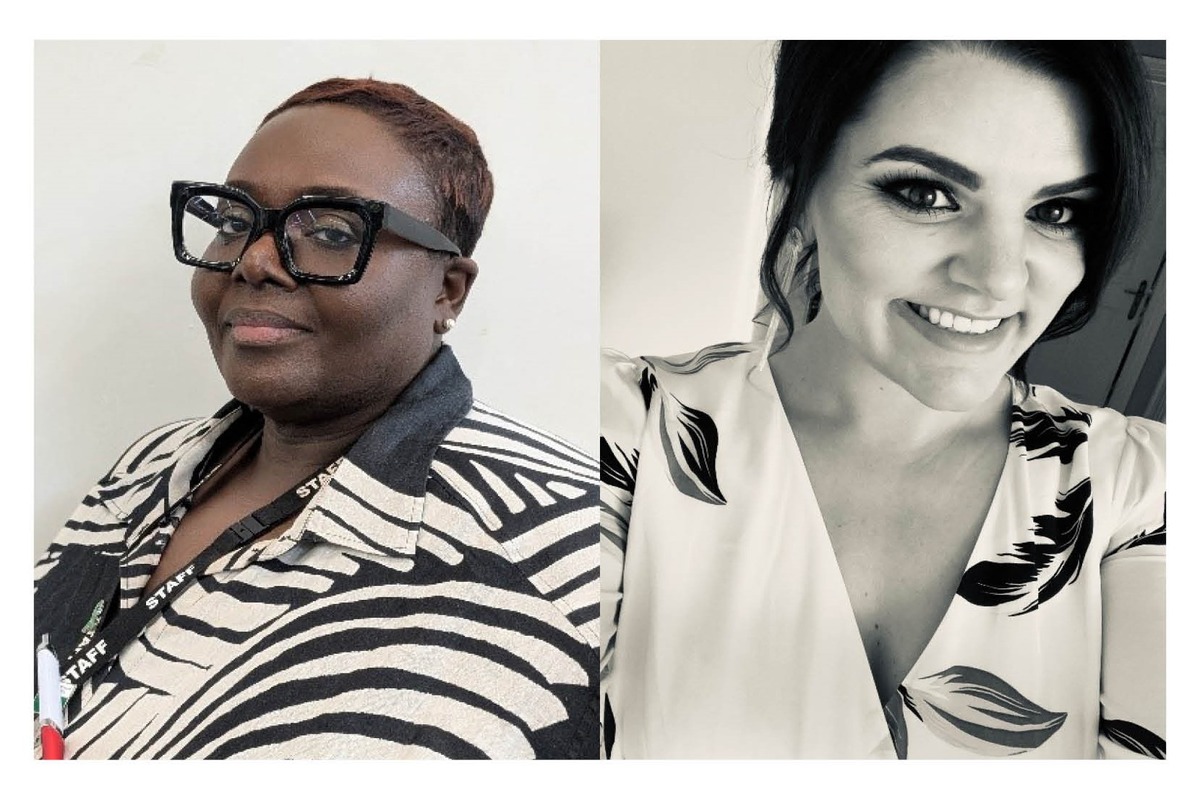
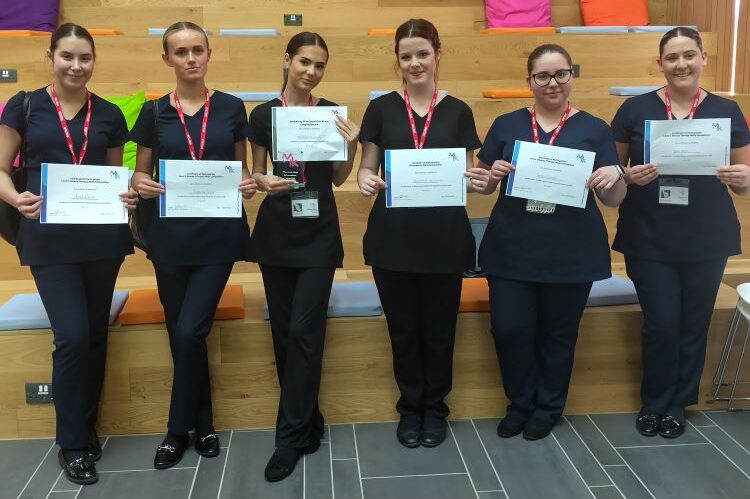

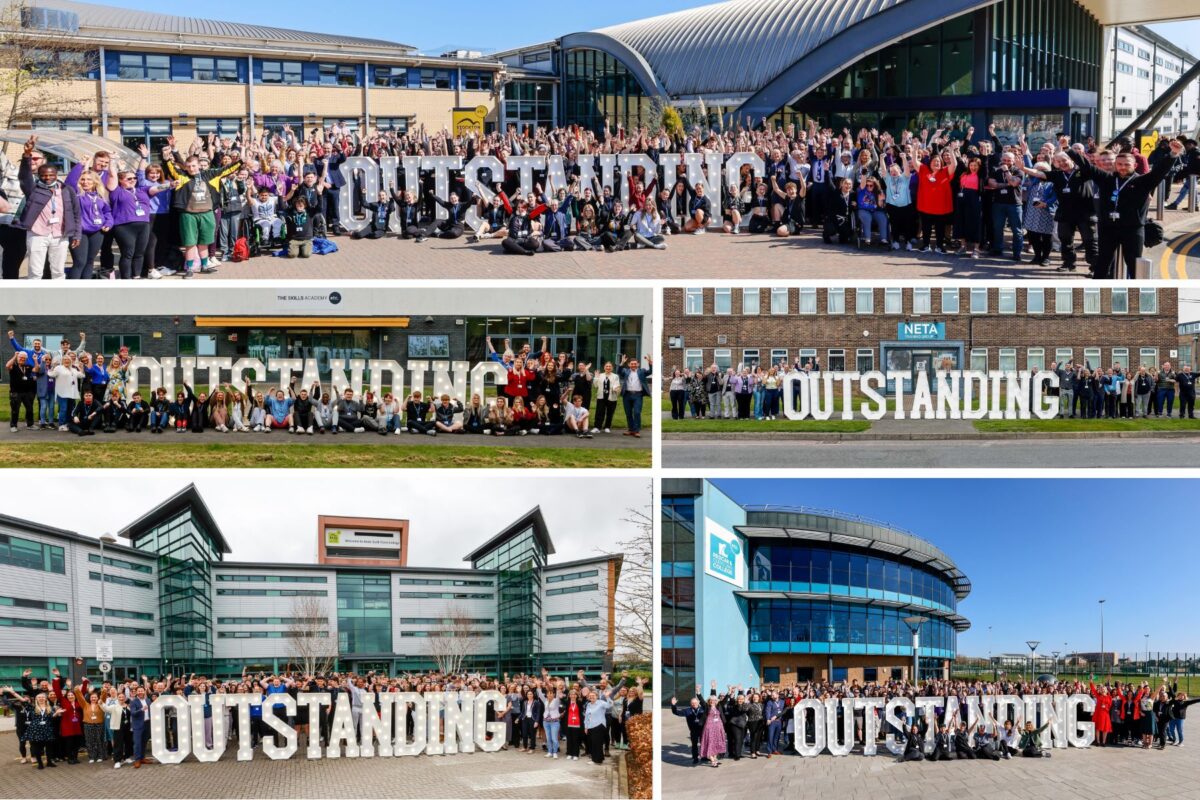

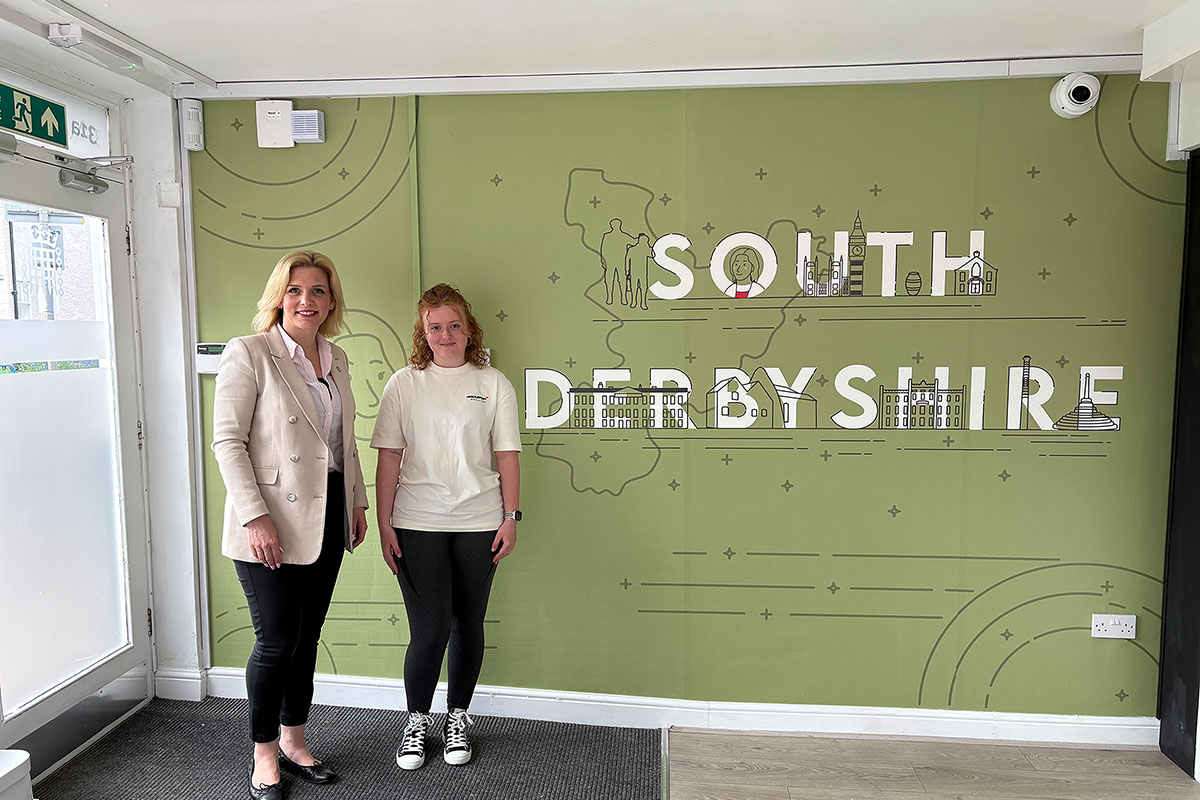
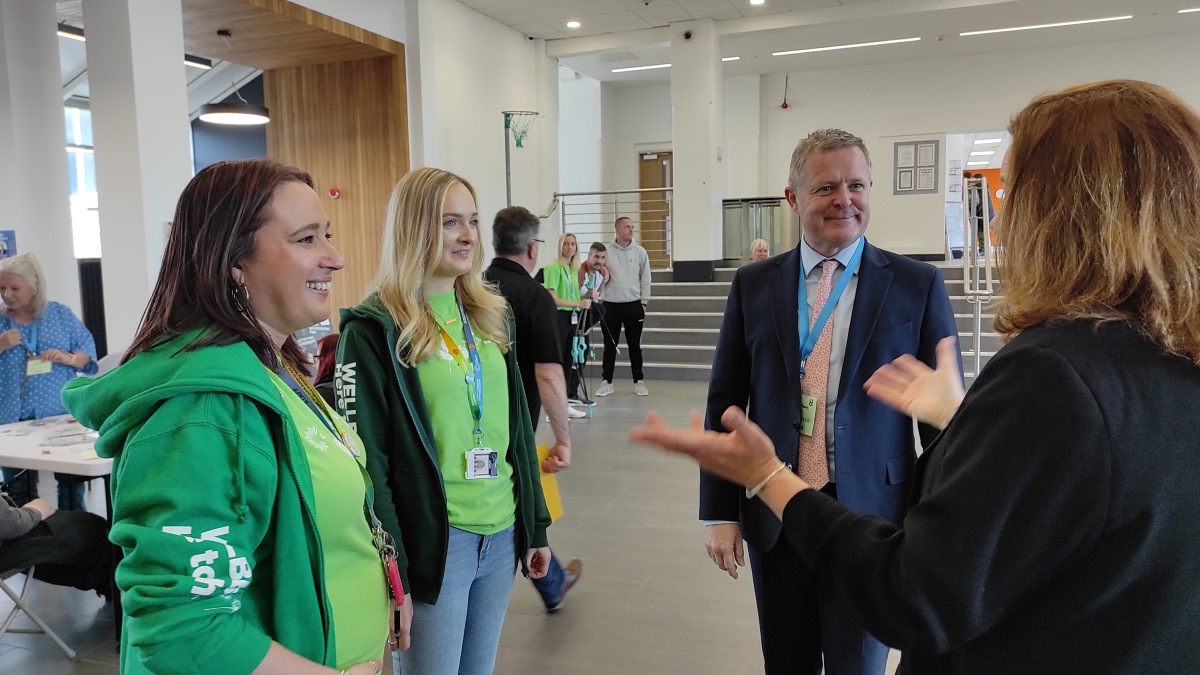


Responses